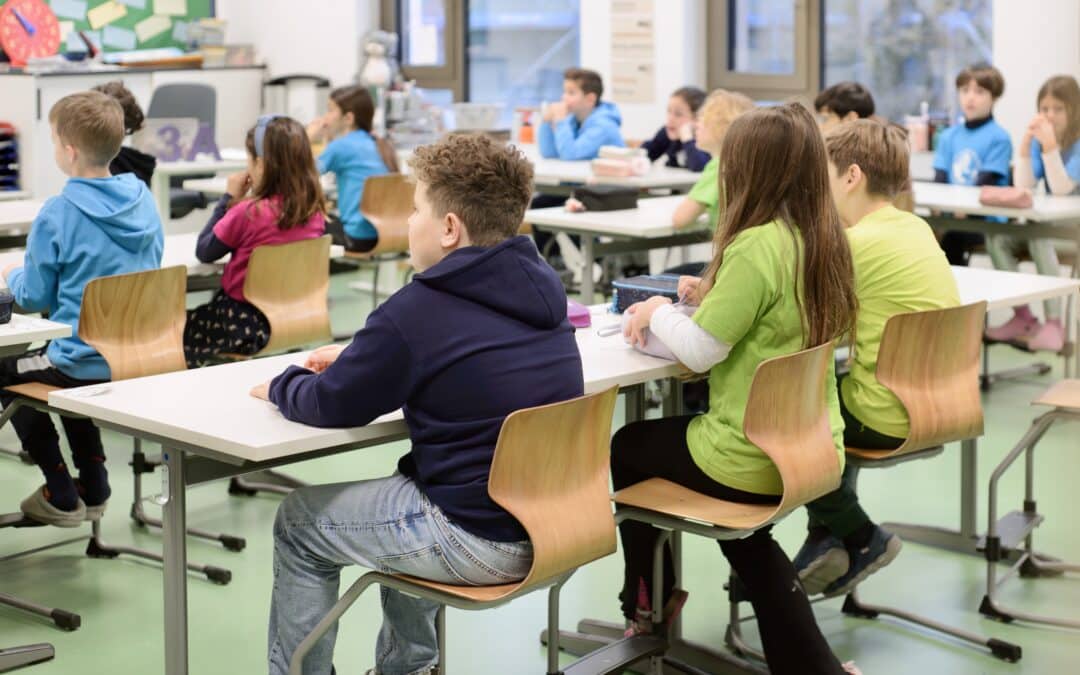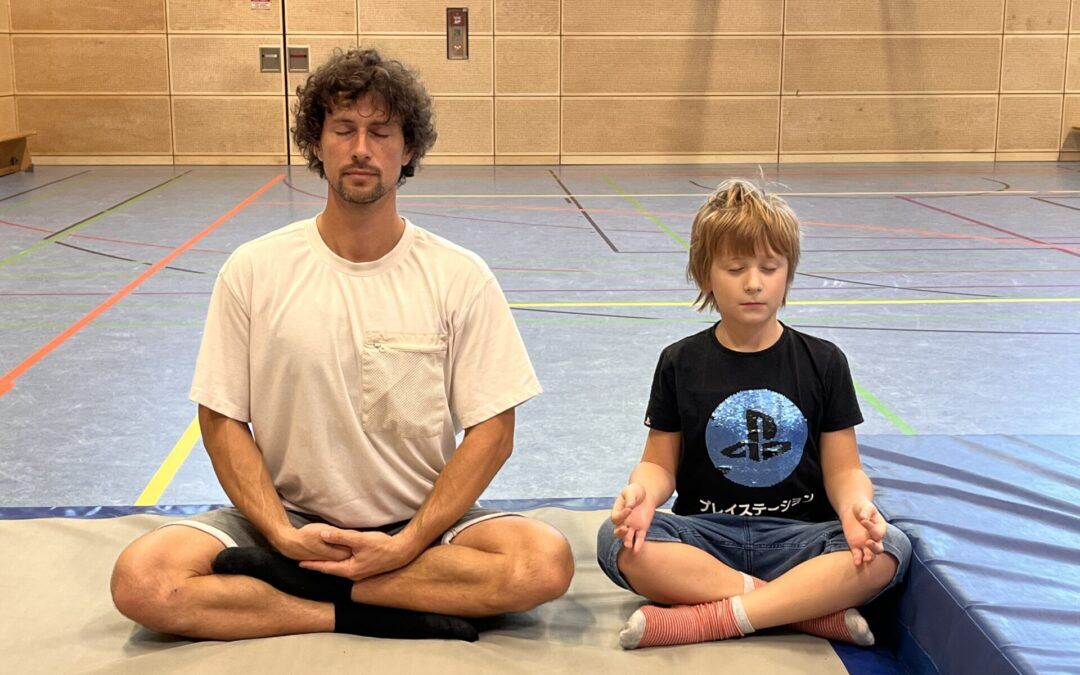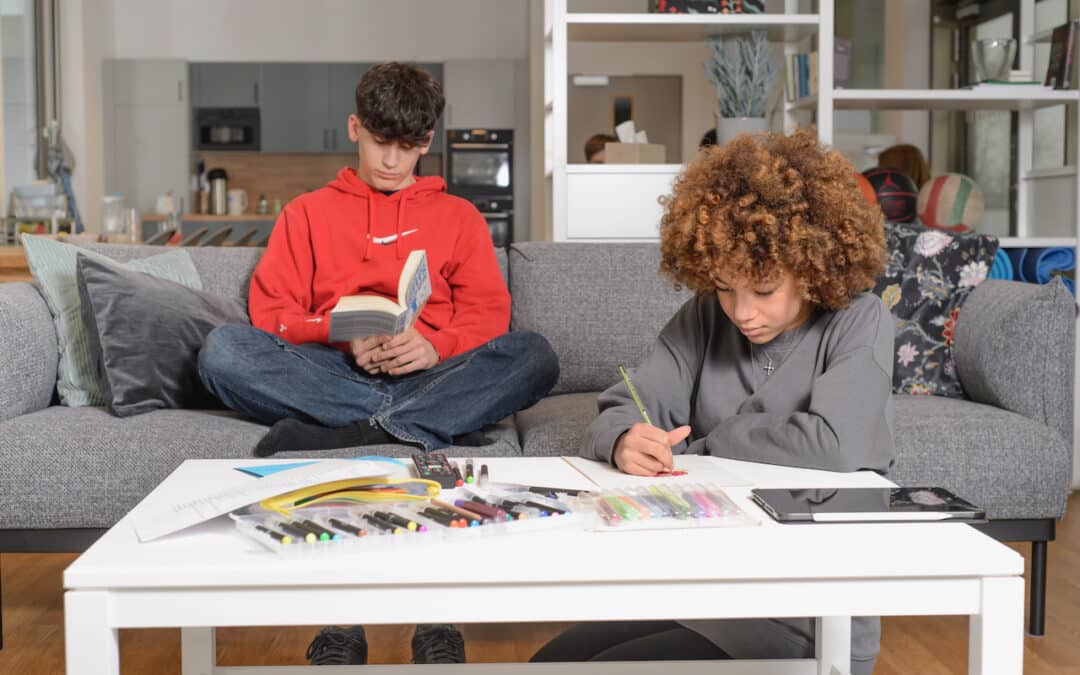Only those who feel comfortable at school can learn properly
Seven valuable measures to make a school a feel-good place
Many pupils suffer from exam anxiety and are under pressure to perform. Social pressure and emotional stress also often lead to physical and psychological complaints. How can school become a place where pupils feel comfortable and where they can concentrate on the learning content?
Britta Grothues, School Director of the COLOGNE INTERNATIONAL SCHOOL – Internationale Friedensschule Köln, names seven valuable measures that make a school a feel-good place.
1. Create a variety of opportunities to relax
People have different needs in order to regenerate. Some need peace and quiet, others need exercise, others need to talk. A good school offers a variety of possibilities and opportunities to relax.
2. Learning in small groups
The smaller the learning groups, the more individualized the support. This makes lessons more enjoyable and effective.
3. Replace traditional tests with more informal and more authentic performances of learning
You can often prepare for announced tests by memorizing. This knowledge from short-term memory is quickly forgotten. Inquiry-based learning such as the PYP, MYP or DP can offer more authentic evidence of learning, such as delivering presentations or designing products to address real-life problems.
4. Link assessment to outcomes to specific criteria
Traditional letter or number grades often say nothing about the areas in which children can improve. They create pressure and unhealthy competition within the class. Grades are demotivating for many. Linking assessments to specific and differentiated objectives shares the success criteria in advance and offers guidance on how students can improve next time.
5. Establish teachers as learning partners / coaches
Teachers should not just present and question content in a frontal manner. They are responsible for the pupils’ learning progress and take on the role of a learning partner.
6. Signal a willingness to talk
Professional counselors and all other teachers should signal a willingness to talk and meet students with open eyes.
7. Work on social and emotional issues
Continuous work should be done on social and emotional issues. An anti-bullying program and the teaching of social values are among the foundations of a good school community.
Ingo Stolle, Member Board of Directors at Cologne International School

















